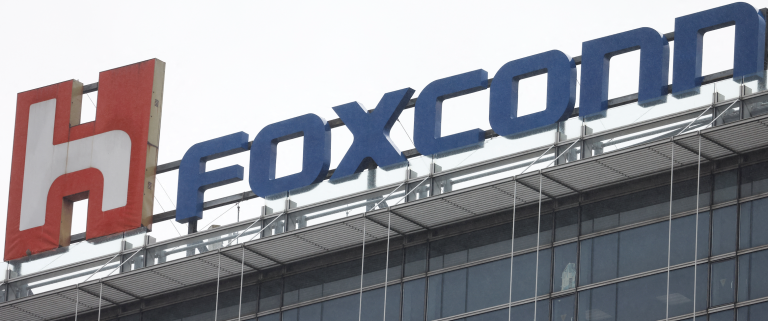By Ryan Woo
BEIJING — After enduring days of lock-in at Foxconn’s vast facility in central China with 200,000 other workers, Yuan finally climbed the fences on Saturday night and escaped the complex, joining others fleeing what they feared was a widening COVID outbreak.
He walked through the night, keeping to a northerly route, towards his hometown of Hebi, every step taking him farther away from iPhone maker Foxconn’s Zhengzhou plant, the Taiwan-based group’s largest in mainland China.
“There were so many people on the road,” Yuan told Reuters on Monday, declining to give his full name because of the matter’s sensitivity.
Since mid-October, Foxconn has been wrestling with a COVID-19 outbreak at its facility in Zhengzhou, the capital of Henan province in central China. Workers were locked in to stop the spread of the coronavirus to the outside world. Foxconn has repeatedly refrained from disclosing the caseload.
Success
You are now signed up for our newsletter
Success
Check your email to complete sign up
“We were shut in on Oct. 14, and we had to do endless PCR tests, and after about 10 days, we had to wear N95 masks, and were given traditional Chinese medicine,” said Yuan.
Whenever a positive or suspected case was found at a production line, there would be a public broadcast, but work would continue, he told Reuters.
“People would be called away in the middle of work, and if they don’t show up the next day, that would mean they had been taken away,” Yuan said.
Around 20,000 workers had been put in quarantine on-site, Yuan had heard, but he could not be sure how many were infected as management did not publicize that information.
China typically isolates vast numbers of people considered close or even potential contacts of an infected person.
The world’s second-largest economy continues to wage war on COVID with disruptive lockdowns, mass testing, and quarantines while many other countries have chosen to live with the disease.
For companies with massive manufacturing campuses like Foxconn, that has meant keeping thousands of workers on-site in so-called “closed-loop” systems to keep their production lines running.
“Food for tens of thousands was merely left outside (of the quarantine buildings at the plant),” said a worker surnamed Li, 21.
Li, who is still at the plant, said she was planning to quit.
In a statement on Monday, Apple supplier Foxconn said that reports that 20,000 staff had been diagnosed with COVID were false.
On Sunday afternoon, the company told Reuters in an emailed statement that workers were allowed to leave if they chose to.
Foxconn did not immediately respond to a Reuters request on Monday for further comment.
‘Never go back’
Disruptions from China’s zero-COVID policies to commerce and industry have widened in October as cases escalated. Apart from the Foxconn lockdown, the Shanghai Disney Resort was shut from Monday to comply with counter-epidemic requirements, with visitors still inside.
For Yuan, matters came to a head when he heard that a housing complex for workers near his plant had been cordoned off by security on Friday and that the plant itself was to go under a curfew the next day.
In a panic, Yuan decided to leave the next day, joining streams of other escaping workers. It was not immediately clear if a curfew was eventually imposed.
By Sunday morning, Yuan had hiked to the banks of the Yellow River, the northern boundary of Zhengzhou, where he was stopped 50 km (30 miles) short of Hebi by authorities from the city of Xinxiang on the other side.
“I’ll never go back to Foxconn,” said Yuan, who has since been transported to Hebi and put under quarantine.
“Zhengzhou has put a chill in my heart.”
Reporting by Ryan Woo; Additional reporting by Beijing newsroom and Ziyi Tang; Editing by Christian Schmollinger














